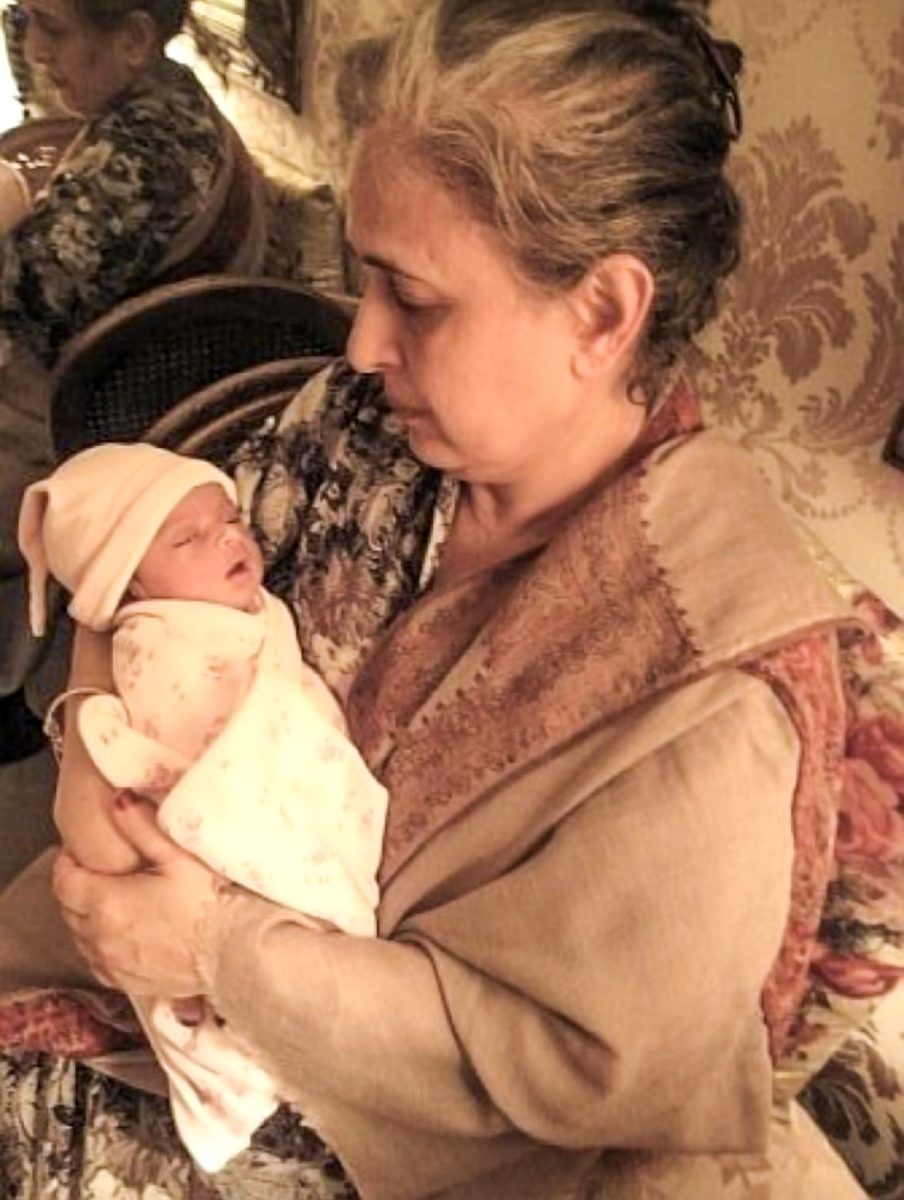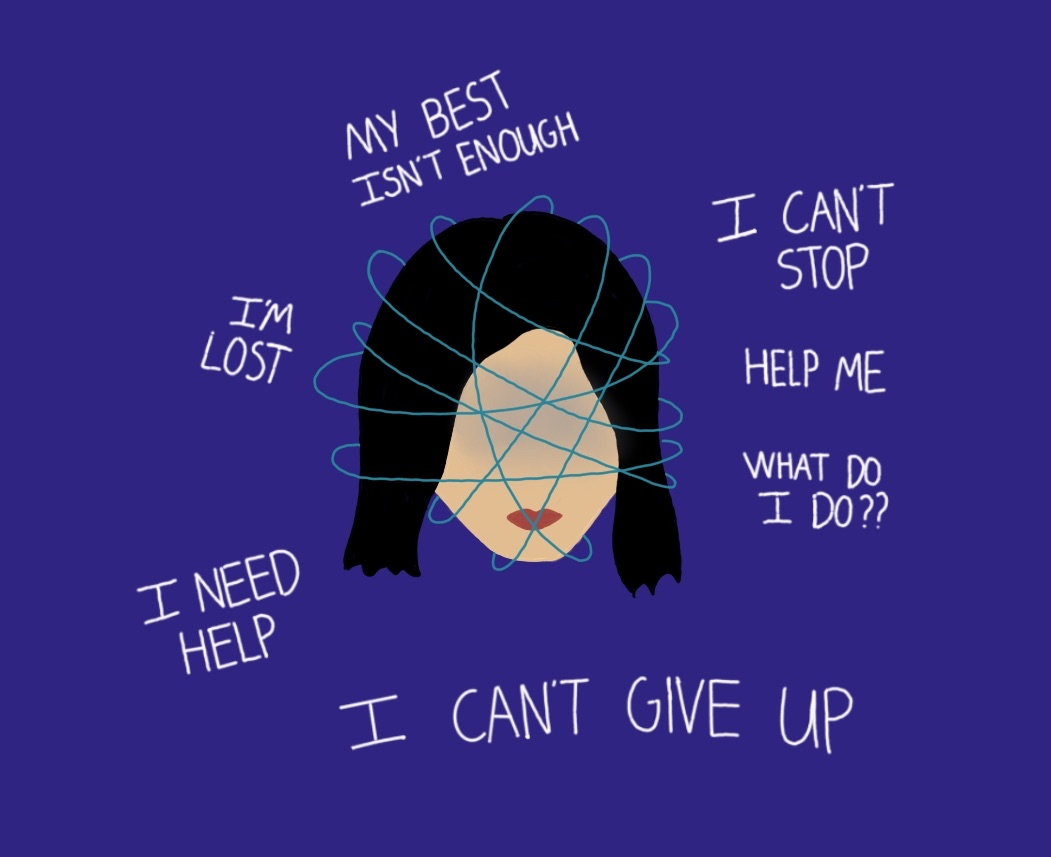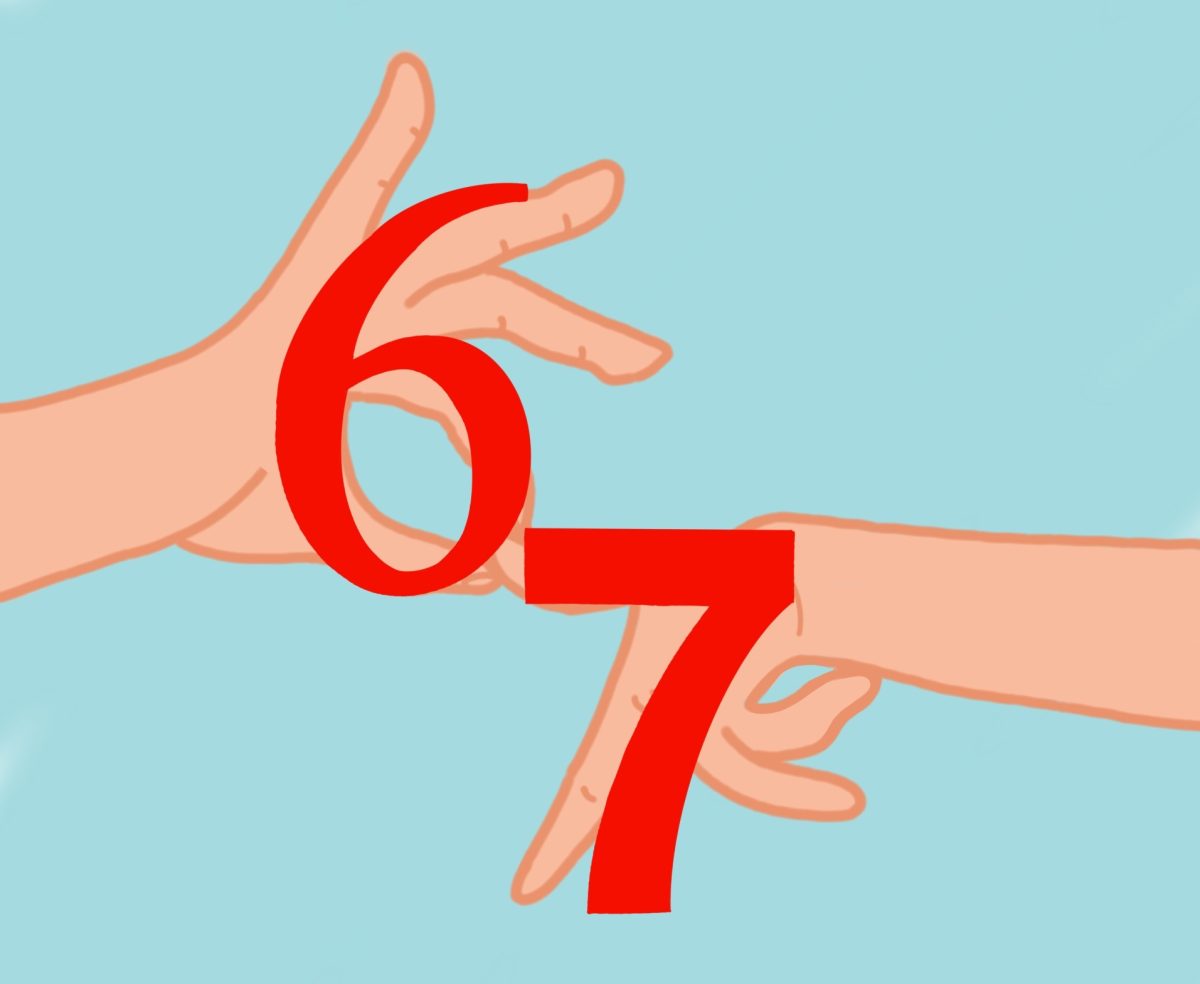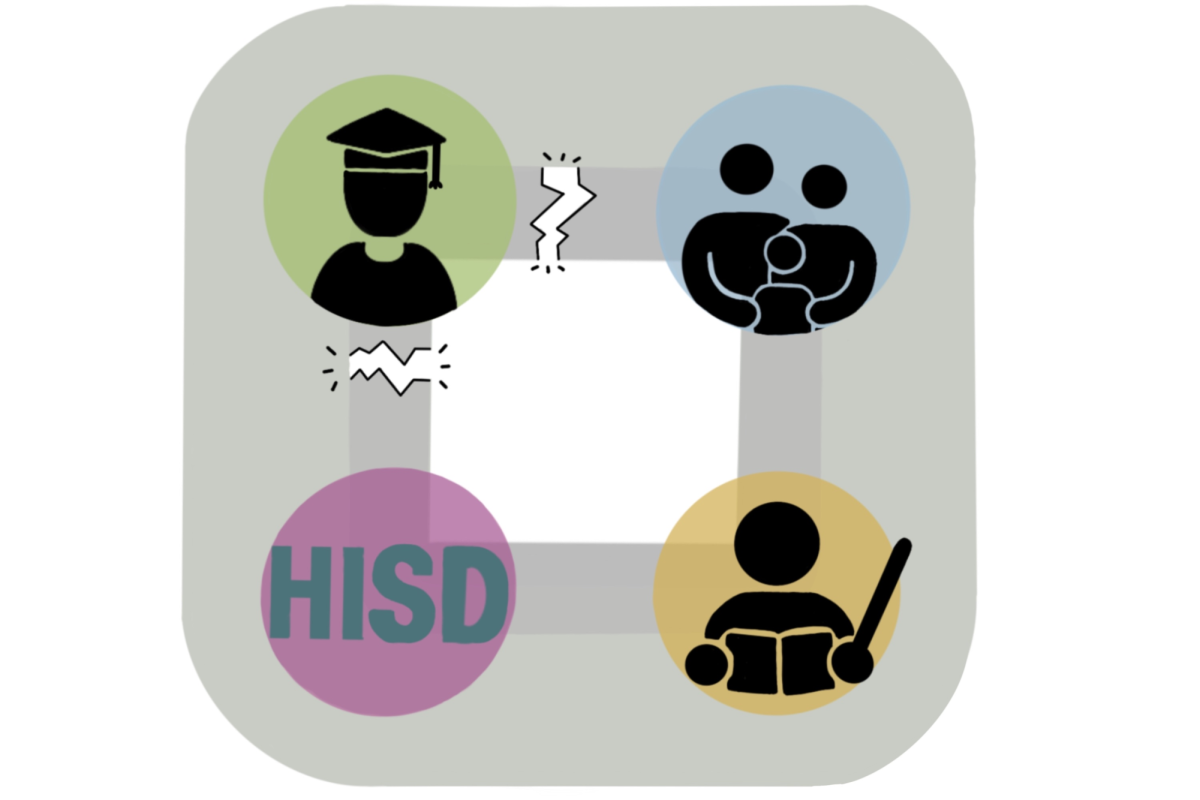We can be a feminist and support men.
We can support women without being a feminist.
We can have a preference without being right or wrong.
I’m not a feminist. I’m not a masculinist. I sit in the middle, but what’s the name for that? There isn’t one. And there doesn’t have to be. But it makes such a stark difference when someone asks, “You’re not a feminist? Or a masculinist?”
Then what are you?
Feminism today is viewed as a “bra-burning, man-hating” extreme form of female superiority where men are hated and blamed for women’s problems. Feminists are seen as people who advocate for women and suppress men. Feminists are seen as people craving vengeance for the years of oppression when women were denied the rights men were granted at birth. Feminists are seen as extreme radicals who are out to destroy the reputation and dignity of men.
But feminism is an effort to end sexism, create an equal wage and replace oppression with equality. This is the goal of most feminist groups. Still, some extremists solely focus on hating men since one way to level the playing field is by bringing others down.
But we can be feminists without killing all men.
Extremists exist in everything. A black and white is always present, but so is gray.
Both women and men face unique struggles and unfair societal expectations, each with their own importance levels, but none more or less important than the other.
Women usually have to meet a social standard. Dress confidently, but not so confident that it provokes men. Act friendly enough to not seem distant, but not so friendly that it seems flirtatious or leading. Maintain an image of a curated person, but not so curated that it makes us appear over-the-top.
Men have to be respectful to girls. They must give a woman space and love, but not too much, or else they’ll seem too clingy or too distant. Be responsible for maintaining documents about insurance and taxes and do it on time. If not, then there’s a price to pay. Don’t be greedy with watches or cars or women. Support women and be helpful, but don’t make them feel handicapped and incapable.

Our society has adopted a culture that assigns labels and stereotypes to everything. Every identity with all its attributes is wrapped up in a name. We base our judgment on these labels. This makes it hard to create a personality that isn’t already pre-written. If we act the same, we’re part of the white sheep who follow trends and blend in. But if we stand out and act differently, we’re immediately identified as weird and a “black sheep.” Can we support a larger movement but not the extreme methods that lie on the outside? What’s the name for that?
Even people who find themselves in the middle are assigned with predetermined stereotypes.
This is exactly reflected in society’s misconception of feminism. They perceive feminists as extremists who act out passionately in protests and go to extensive lengths to prove their points. However, this is simply a fraction of the people who consider themselves feminists.
This fraction is identified as the majority of feminists, giving the group an image that doesn’t accurately represent feminists as a whole. This leads to a culture of polarization where society can no longer see the middle ground feminists who believe in empowering both men and women while simultaneously respecting both genders.
Every living body on this planet has one thing in common: we are all humans, and that won’t change. Treating each other as equals not only helps bridge the gap between inequalities but it also emphasizes that black and white stereotypes aren’t necessary.
There’s a gray zone that we can live in without being accused of not defending women’s rights or being an extreme masculinist.
We are what we want to be. We don’t have to associate with a pre-written label.












Ash • Jan 4, 2024 at 12:03 am
Kudos, completely agreed!
Claire B • Jan 3, 2024 at 7:43 pm
Very interesting perspective on labels, Ada! I think our relationship with labels shifts so much from generation to generation and from person to person, and I agree that there can be value in separating yourself from those labels to truly state what you believe in without having your own beliefs assumed by others. I really enjoyed reading this 🙂